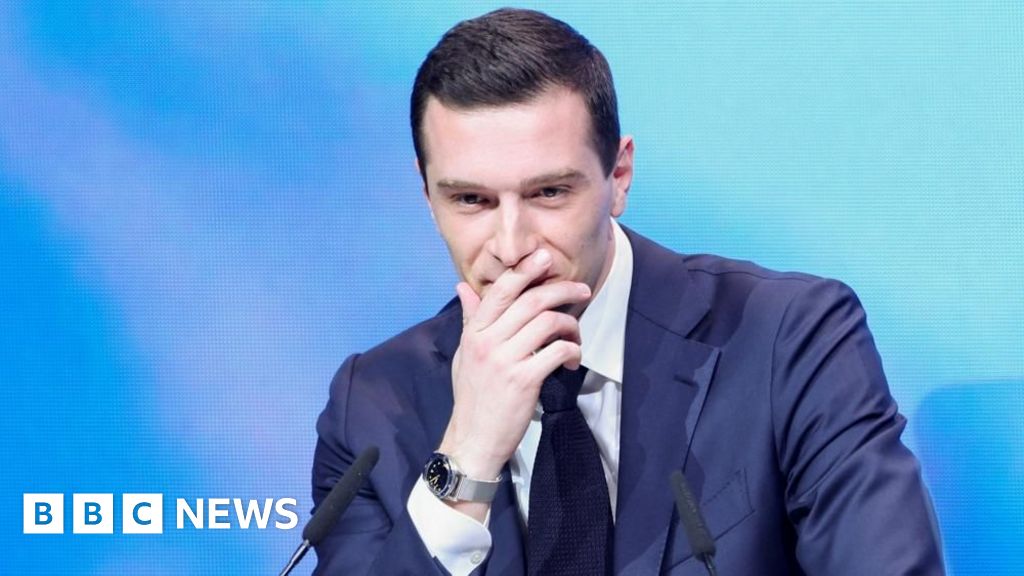As Europeans prepare to vote in the upcoming European Parliament elections, the choices made will reflect the national moods of 27 different countries. Right and far-right parties are expected to make gains, but the situation varies widely across the continent. Here is a preview of what to expect from BBC correspondents leading up to the vote.
In France, the main focus is on the victory of the far-right under the leadership of 28-year-old Jordan Bardella, who has become a rising star in the National Rally party. President Macron is expected to face a significant defeat, with the question being whether his Renaissance party can secure second place. The Socialists, led by Raphaël Glucksmann, are also performing strongly in the polls, posing a challenge to Macron’s party.
In Belgium, the future of the country hangs in the balance, particularly in Flanders, where the far-right Vlaams Belang party is predicted to come first. The party advocates for the independence of Flanders, which could have significant implications for the unity of Belgium as a whole.
In Poland, national security and the threat from Russia’s invasion of Ukraine have become key issues in the election campaign. Prime Minister Donald Tusk has made these issues a focal point in an attempt to break the winning streak of the Eurosceptic Law and Justice party.
Slovakia is experiencing a subdued campaign atmosphere following an assassination attempt on Prime Minister Robert Fico. His left-populist Smer party is leading in the polls, emphasizing peace and opposing sending weapons to Ukraine.
Austria is seeing a surge in support for the far-right Freedom Party, which is leading in the polls. The party’s anti-EU stance appears to be resonating with voters, while the Green Party is facing challenges due to controversies surrounding its lead candidate.
Italy is experiencing a shift in political dynamics, with Giorgia Meloni’s Brothers of Italy party gaining ground at the expense of Matteo Salvini’s League party. Meloni’s rise to prominence signals a potential reshaping of Italy’s political landscape and her influence on the European stage.
In Germany, Chancellor Olaf Scholz is facing criticism and accusations of being a warmonger over his handling of the conflict in Ukraine. The upcoming elections are expected to impact the balance of power in the country, with the conservative opposition leading in the polls.
In Hungary, Viktor Orban’s Fidesz party is facing a challenge from former insider Peter Magyar and his TISZA party. Orban’s plans to reshape Europe’s right-wing politics have been disrupted, signaling a potential shift in Hungary’s political landscape.

